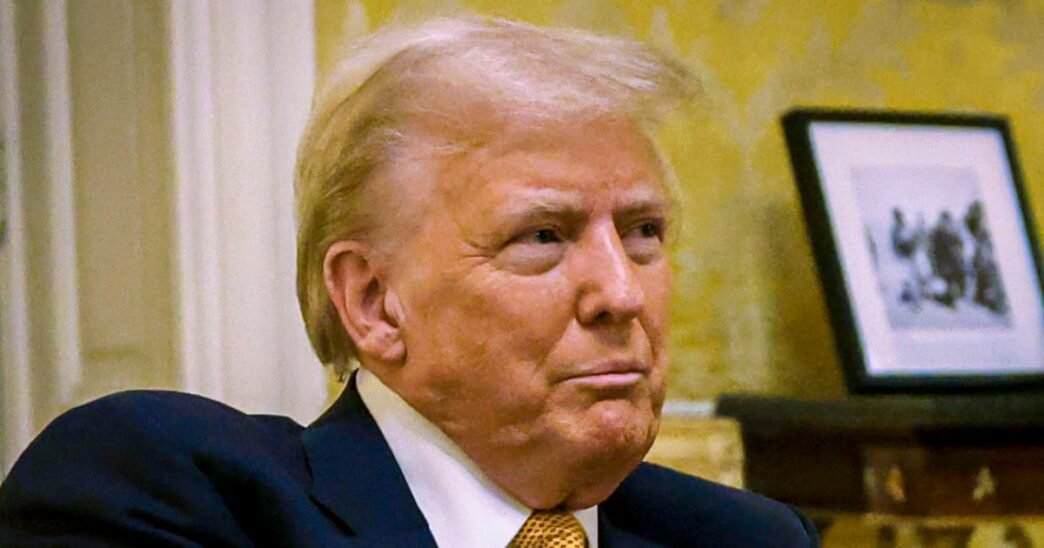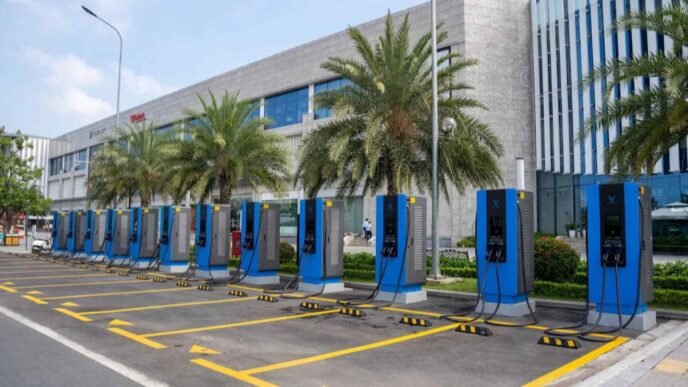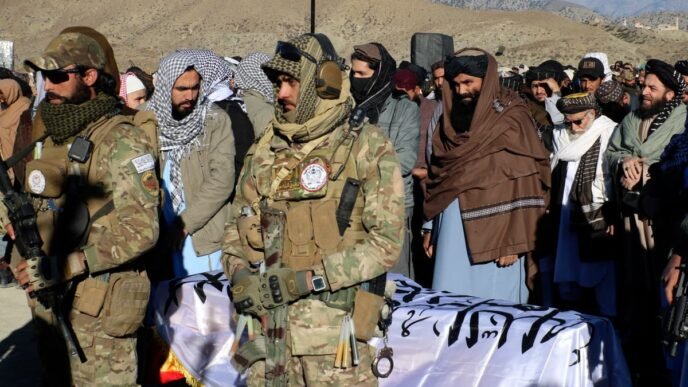President-elect Donald Trump isn’t ruling out the possibility of a war against Iran during his second term, saying in a recent interview that “anything can happen.”
Trump sat for a 65-minute interview with Time magazine, which has named him its person of the year, and was asked about the chances of a war with Iran under his new administration, eliciting the response after a pause, the magazine said.
The president-elect was targeted by Iranians in an assassination plot during the presidential campaign, the magazine noted, and the Iranian regime has been weakened by the conflicts in Lebanon and Gaza and now the collapse of Bashar al-Assad’s leadership in Syria.
Russia-Ukraine
While Trump didn’t take war with Iran off the table, he made clear that he wants the wars between Russia and Ukraine and Israel and Hamas to end. He told Time that the situation in the Middle East is “an easier problem to handle than what’s happening with Russia and Ukraine.”
“The numbers of dead young soldiers lying on fields all over the place are staggering. It’s crazy what’s taking place,” said Trump, who criticized Kyiv’s firing of U.S.-made missiles into Russian territory in November after President Joe Biden eased restrictions on their use.
“I disagree very vehemently with sending missiles hundreds of miles into Russia. Why are we doing that?” he said. “We’re just escalating this war and making it worse.”
According to Time, Trump said he would use U.S. support for Ukraine as leverage against Russia in trying to negotiate an end to the war.
“I want to reach an agreement, and the only way you’re going to reach an agreement is not to abandon,” he said.
Ukrainian President Volodymyr Zelenskyy’s office did not immediately respond to NBC News’ request for comment.
Pardoning Jan. 6 rioters
Trump repeated in the interview that one of his first acts as president in his second term will be to pardon most of the rioters who were charged or convicted in the attack on the Capitol on Jan. 6, 2021.
“It’s going to start in the first hour,” he said. “Maybe the first nine minutes.”
Nearly 1,600 defendants have been charged over the Jan. 6 attack and more than 1,250 have been convicted or pleaded guilty, with almost half of them sentenced to incarceration ranging from a few days to 22 years.
“They’ve been in there for years, and they’re in a filthy, disgusting place that shouldn’t even be allowed to be open,” Trump told NBC’s “Meet the Press” last week about one of the jails.
Trump told “Meet the Press” that there could be “exceptions” to his plan for defendants who are “radical” or “crazy.”
Using the milit in deportations
Trump told Time he’s willing to deploy the U.S. milit to help round up and deport people who are in the country illegally. He said that the Posse Comitatus Act, which bans deploying the milit against civilians, “doesn’t stop the milit if it’s an invasion of our country.”
If the milit refuses to carry out such orders, Trump said, “I’ll only do what the law allows, but I will go up to the maximum level of what the law allows.”
Trump’s incoming border czar, Tom Homan, has commented on plans to use the milit to carry out their hardline immigration policies.
Homan told SiriusXM’s “The David Webb Show” last month that the Defense Department “has helped several administrations on the border. They could be a force multiplier,” adding that the milit “could be used to help relieve law enforcement officers from administrative duties so they can get on the street and do what they’re supposed to be doing.”
Not ruling out family separation
Trump said in the interview that he doesn’t plan to revive his policy of separating children from their families at the U.S.-Mexico border, but he also isn’t taking that off the table.
“I don’t believe we’ll have to, because we will send the whole family back,” Trump said. “I would much rather deport them together.”
Time reported that Homan said, “There is no deliberate policy being worked on to separate families,” but added, “You can’t say zero, it’s not going to happen.”
More than 5,600 children were separated from their parents during Trump’s first administration, in 2017 and 2018, and the Biden administration has been trying to reunify many of the families.
Trump is expected to end the policy of releasing migrants into the U.S. without court dates without a way to track them, and he has vowed to continue building the wall he started in his first term.
Trump supports the filibuster
Trump told Time that he supports preserving the legislative filibuster in the Senate, which requires 60 votes to advance bills to final passage. There has been a debate over killing the filibuster in recent years, with progressive lawmakers under Biden pushing for the move in the face of GOP obstruction.
Republican leaders in the Senate also have said they would maintain the filibuster, even if it becomes a hindrance to Trump’s agenda. The delay tactic will likely pose an obstacle to enacting Trump’s proposals, as Republicans won’t have a supermajority in the Senate, meaning they will need to rely on some Democratic support. But if the filibuster does pose a roadblock to the president-elect’s proposals, Trump told Time, “If I have even a little bit of trouble, I go to an Executive Order because I can get it done.”
Trump backtracks on lowering grocery prices
While campaigning, Trump repeatedly promised to bring down the prices of goods and services, including groceries. But he told Time, “It’s hard to bring things down once they’re up. You know, it’s very hard.”
In a speech to voters in August laying out his vision for a return to the White House, Trump said, “Prices will come down. You just watch. They’ll come down, and they’ll come down fast, not only with insurance, with everything.”












